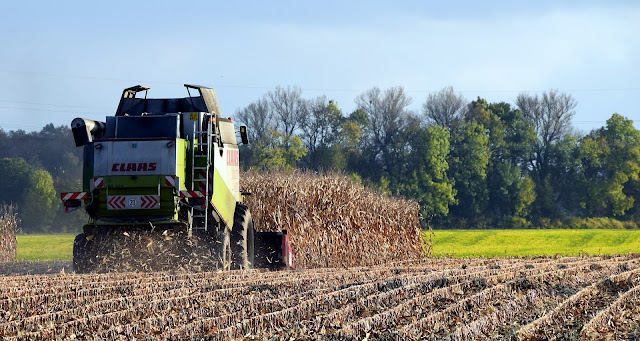When crops are harvested, it is inevitable that some animals will be killed or injured in the process, either by getting caught in machinery or by losing their habitat due to the clearing of land for agriculture. However, animal agriculture requires much larger amounts of crops to produce a given amount of food, since the animals themselves need to be fed and require more resources and land to raise. This means that animal agriculture results in a greater number of animal deaths during crop harvesting than a vegan diet would.
By choosing to follow a vegan(plant-based) diet, individuals can minimize their contribution to animal deaths during crop harvesting. Veganism also promotes the use of alternative farming methods such as agroforestry, which can help reduce the impact of agriculture on wildlife and their habitats. Additionally, veganism can reduce the overall demand for crops, leading to less habitat destruction and fewer animal deaths.
For free coaching on how to go vegan, please contact The Vegan Project. We are always happy to assist you!

Comments
Post a Comment
We welcome your input!